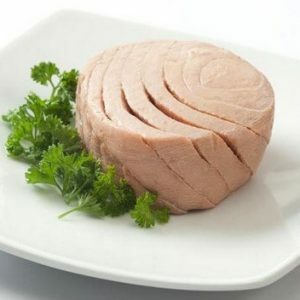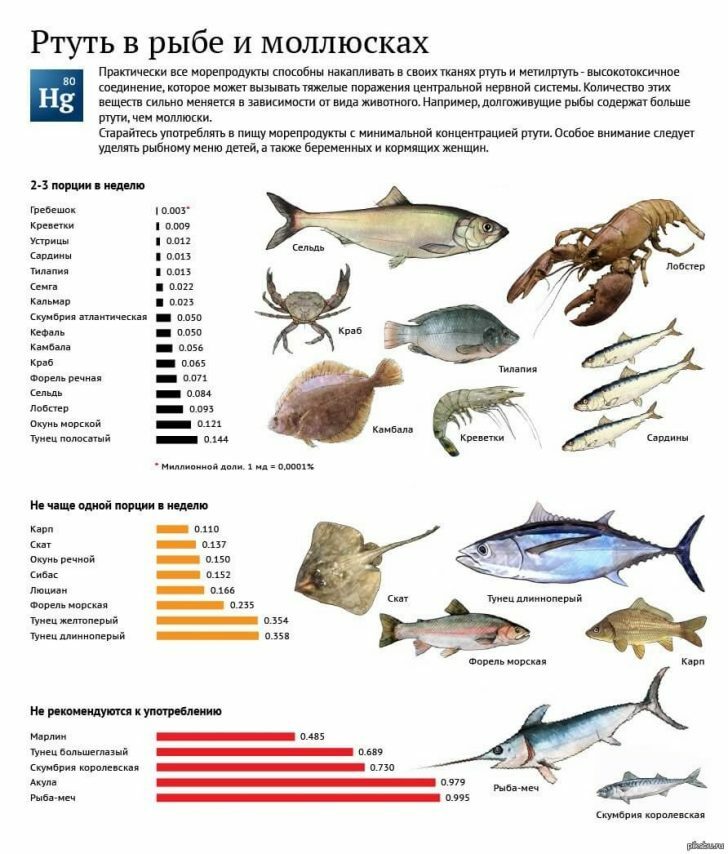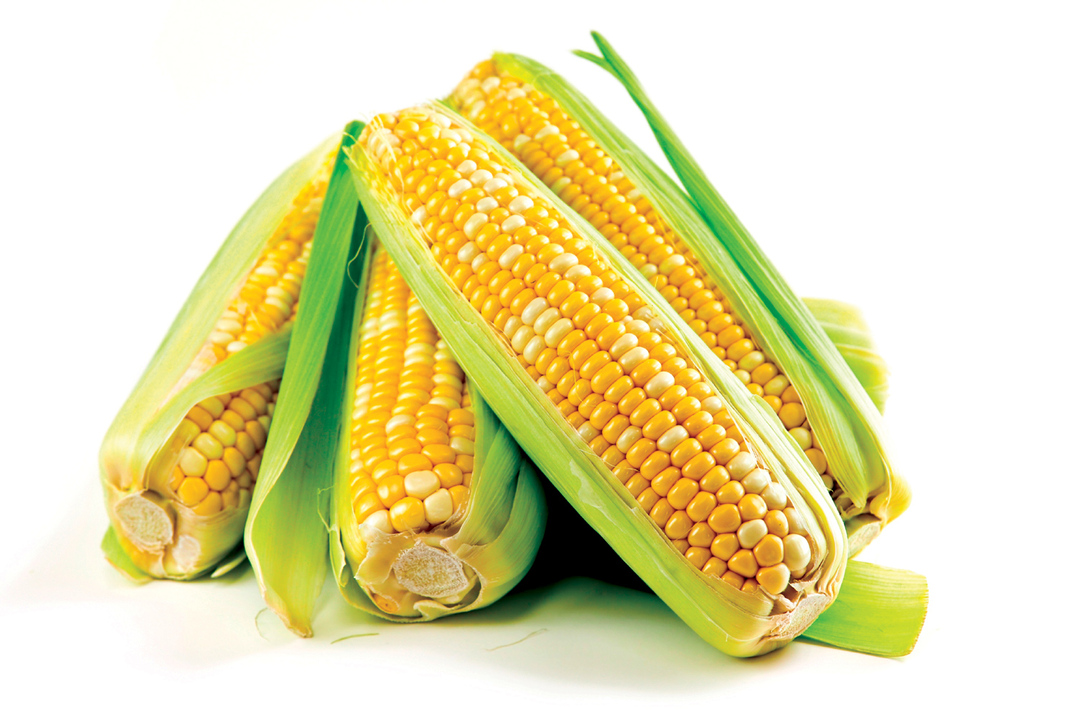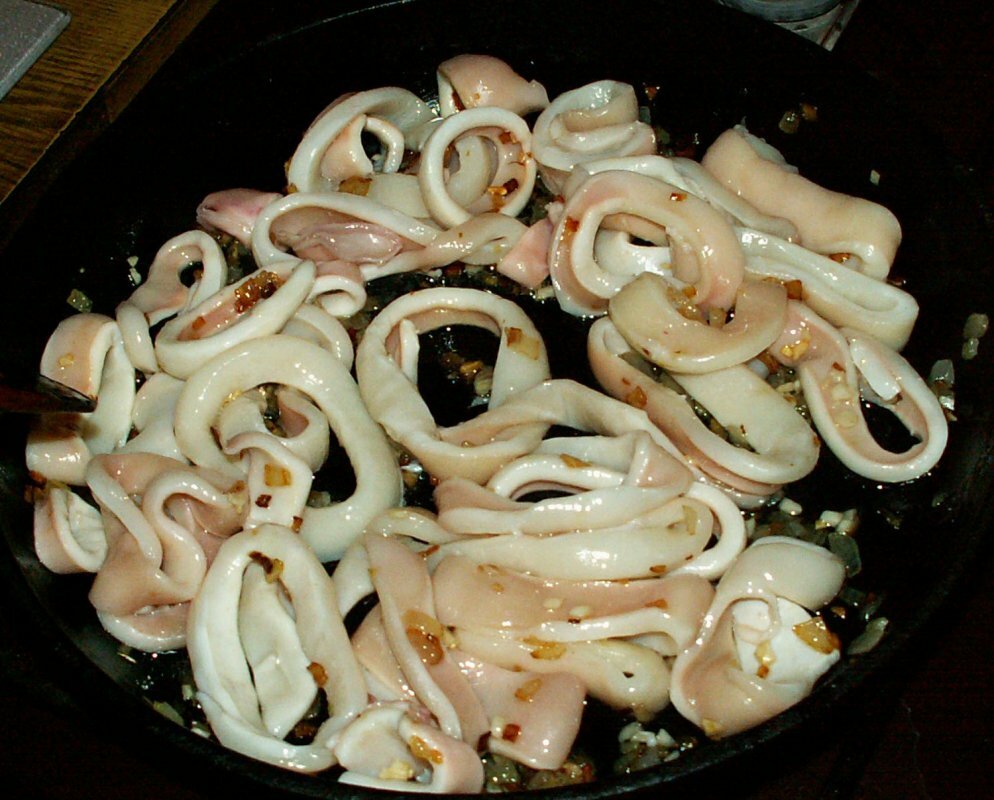Tuna: benefit and harm
 Tuna enjoys well-deserved popularity in almost all corners of the globe.Its meat has a delicate taste, very different from the taste of other marine fish, for which in some countries it is called the "sea calf."The fillet of tuna is saturated with useful substances and in Japan it is the main raw material for making sushi.The Japanese generally believe that there are no parasites in it, since the tuna is very selective in food and "horrible" does not exist.In America, in the whole fish processing, the amount of tuna is about half.
Tuna enjoys well-deserved popularity in almost all corners of the globe.Its meat has a delicate taste, very different from the taste of other marine fish, for which in some countries it is called the "sea calf."The fillet of tuna is saturated with useful substances and in Japan it is the main raw material for making sushi.The Japanese generally believe that there are no parasites in it, since the tuna is very selective in food and "horrible" does not exist.In America, in the whole fish processing, the amount of tuna is about half.
In canned form, tuna meat retains all useful properties, especially when preserved in its own juice, although during the preparation of canned tuna meat specifically in oil, a part of the nutrients is lost. Fresh meat has a red or pink color, which is due to the presence of myoglobin - a substance produced by the muscles of the fish during heavy physical activity, and in fact this breed of fish is able to develop under water a huge speed. According to the commercial value, tuna is one of the leading places, and as the catch increases, its population decreases, as a result of which many countries introduce quotas for catching.
The composition of tuna meat, its caloric content
By the availability of useful substances, tuna is considered to be the leader among its fellow .The most valuable components are considered to be polyunsaturated fatty acids Omega-3, Omega-6, which have a beneficial effect on brain function, cardiovascular system, improve the condition and appearance of the skin and hair.Also in the meat is a storehouse of amino acids and vitamins, micro and macro elements( iron, zinc, phosphorus, calcium and many others) that strengthen the immune and musculoskeletal systems.
Nutritional value of 100 g:
- Calories 139 kcal
- Proteins 24.4 g
- Fat 4.6 g
- Water 69.3 g
- Ash 1.7 g
- VitaminA RE 20 ug
- Retinol 0.02 mg
- Vitamin B1, thiamin 0.28 mg
- Vitamin B2, riboflavin 0.23 mg
- Vitamin B6 pyridoxine 0.77 mg
- Vitamin B9, folate 6 ug
- Vitamin E, alpha tocopherol,TE 0.2 mg
- Vitamin PP, NE 15.5 mg
- Niacin 10.6 mg
- Potassium, K 350 mg
- Calcium, Ca 30 mg
- Magnesium, Mg 30 mg
- Sodium, Na 75 mg
- Sulfur, S 190mg
- Phosphorus, Ph 280mg
- Chlorine, Cl160 mg
- Iron, Fe 1 mg
- Iodine, I 50 ug
- cobalt, Co 40 ug
- Manganese, Mn 0.13 mg
- Copper, Cu 100 mg
- Molybdenum, Mo 4 mcg
- Nickel, Ni 6 ug
- Fluorine, F
- 100 mcg Chromium, Cr 90 mcg Zinc
- , Zn 0.7 mg
- Cholesterol 38 mg
- Omega-3 fatty acids 0.42 g
- Saturated fatty acids 1.3 g
- Monounsaturated fatty acids 0.54 g
- Polyunsaturated fatty acids 0.42 g
Show the full list »
Vitamins:
Mkroelementy:
Microelements:
sterols( sterols):
Saturated fatty acids:
The composition of tuna meat containsA paltry amount of fats, and the protein is very much the opposite, which makes it invaluable in the role of a dietary product.Especially this fact is interesting to those people who want to reduce the weight of the body by losing fat tissue, maximally retaining muscle mass.
The calorie content of tuna meat is 140 kcal per 100 g of product.
Tuna: useful properties
 systematic use of tuna food restores impaired metabolism and normalizes blood sugar levels in the body .With arthritis and arthrosis, predisposition to allergies and oncological diseases, this fish is obliged to take an honorable place in the menu for this category of citizens.Using regularly tuna meat, a person receives the necessary amount of vitamins of various groups and minerals.
systematic use of tuna food restores impaired metabolism and normalizes blood sugar levels in the body .With arthritis and arthrosis, predisposition to allergies and oncological diseases, this fish is obliged to take an honorable place in the menu for this category of citizens.Using regularly tuna meat, a person receives the necessary amount of vitamins of various groups and minerals.
Among the trace elements, it is worth noting the presence of selenium in the product, it helps to purify the liver cells from various toxic agents. And, as everyone knows, the health of the liver depends on the state of the entire human body, because it cleanses the blood( respectively, all organs and systems of the body) from toxins.Admission to food tuna perfectly contributes to the strengthening of immunity and provokes the production of antibodies, which is especially valuable for allergy sufferers.
Possible harm to tuna
Harm from the use of tuna itself is minimal and more often it appears in the canned product .In a freshly prepared form, this fish is not recommended for pregnant women, nursing mothers and people with impaired renal function.It is forbidden to use it for people who are allergic to this breed of fish. Children are introduced into the diet of tuna preferably from the age of three.

Please note! In the tuna of "old age" and, accordingly, a very large size, it is possible to accumulate heavy metals, especially mercury, which pose a great danger to people.
Tuna is considered a valuable fish, which combines the highest taste qualities, and huge benefits to human health.Yes, this fish is very expensive, but it is highly desirable at least periodically to include it in the diet provided that there are no contraindications.



